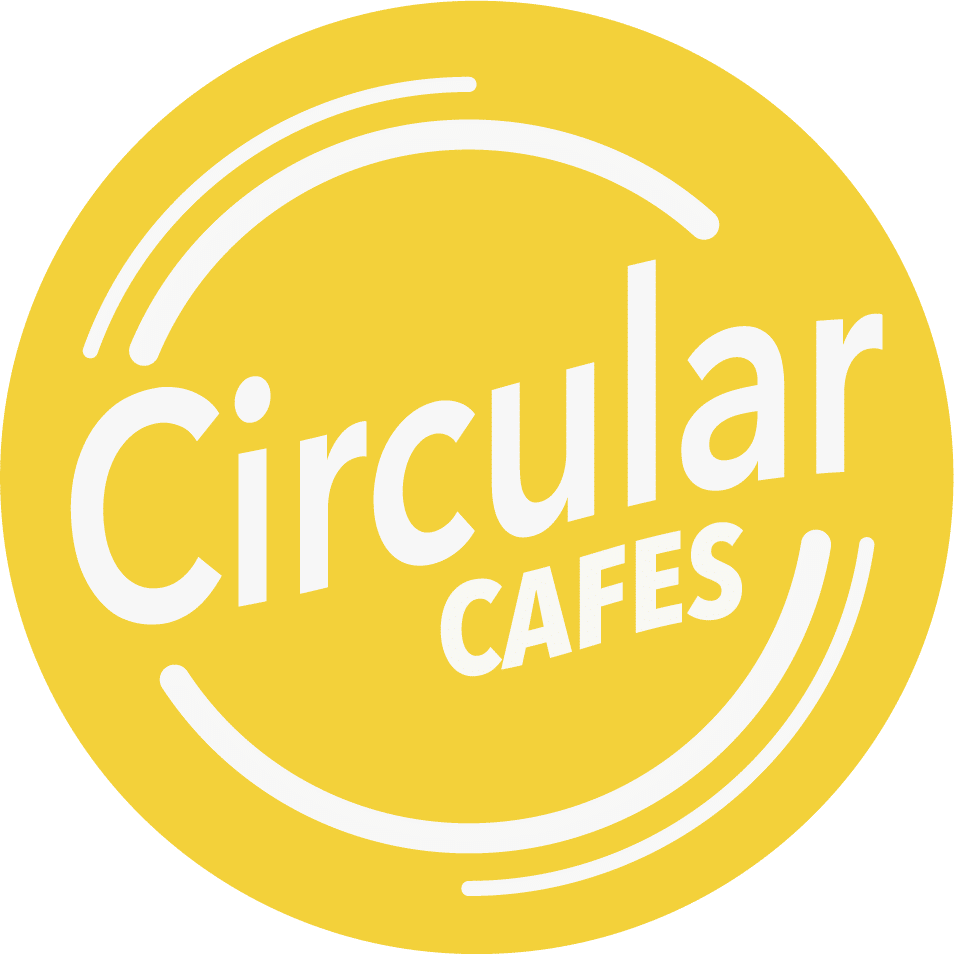One person’s trash is another person’s treasure. That is certainly the case with food waste. Many food businesses are starting to recognise that their food waste is a valuable resource that can be re-used. For example, the company Bio-Bean has partnered with waste management companies to collect coffee grounds from cafés and restaurants. Each year, their factory in the UK re-processes 50,000 tonnes of this waste into low-carbon ‘coffee logs’ for use in domestic wood-burners.
No one really likes seeing great food ending up in a bin of any kind, and that is what can happen when we over produce and over deliver on food to our customers.
Did you know NSW businesses throw out an estimated 400,000 tonnes of food each year, and if food waste were a country it would be the worlds 3rd largest emitter of green house gases?
Reducing food waste should be your aim, not eliminating it completely; that’s an unrealistic goal for the vast majority of food businesses. Some food waste is inevitable and that is what your new FOGO service is for. But there are still things you can do to minimise the impact unavoidable food waste has on the environment and your business’ bottom line
It’s time to start seeing food waste as a valuable resource.
GETTING CREATIVE
Nose to tail and root to stalk cooking is an excellent way to maximise the produce costs of your business, not only are you utilising every bit of the product, it can provide inspiration for experimentation and spark up your menu offering. We have compiled a list of great zero waste cookbooks from some amazing food waste warriors.
- Love Food Hate Waste Recipes
- The Whole Beast: Nose to Tail, Fergus Henderson
- Eat Green, Melissa Hemsley
- 30 Easy Ways to Join the Food Revolution: A sustainable cookbook, Ollie Hunter
- The Natural Cook: Eating the Seasons from Root to Fruit, Tom Hunt
- Bread is Gold, Massimo Bottura
- The Whole Fish Cookbook: New ways to cook, eat and think, Josh Niland
- Scraps, Wilt & Weeds: Turning Wasted Food into Plenty, Mads Refslund
- The Zero Waste Cookbook: 100 Recipes for Cooking Without Waste, Amelia Wasiliev and Giovanna Torrico
- Jellied Eel’s sustainable and zero waste recipes
DONATING – THE FEEL GOOD FACTOR
Made too much of something? The best thing to do with surplus food is to redistribute it.
Redistributing that food will:
- save you money through reduced waste disposal costs
- help the environment
- mean that you’re supporting vulnerable people in your local community
Many solutions are springing up all over the place that help food businesses redistribute surplus food that would otherwise have gone to waste. These food redistribution organisations can put you in touch with local people who hate food waste as much as you do.
See a list of food donation agencies here.
Liability – should you be worried?
We often hear from food businesses who say they like the idea of redistributing surplus food via apps and other methods, but are worried about being liable for any health implications to the people that consume it. You don’t need to worry.
Follow these rules and you’ll be fine:
- Make sure you don’t redistribute any food that’s past its ‘Use By’ date (it’s fine to redistribute food – including fruit and vegetables – that is past it’s ‘Best Before’ date)
- Choose a reputable and recognised food redistribution partner to work with – they should take on any liability for the quality and safety of the redistributed food, but make sure you’ve got a formal agreement in place with them that makes that clear.
- Educate and engage with your customers and staff
- Keep a record of the redistributed food- you might be able to claim it. Check with your tax agent or the ATO.
For the ultimate resource in food donation check out the Love Food Hate Waste Food Donation Toolkit here.

TAKE IT HOME
It’s time to see the opportunity for what it is when it comes to the doggy bag. Graciously offering take home containers for your customers left over food it a fast way to win the hearts of your customers. Many people feel strange to ask, so implementing a business culture of offering take-away containers can take away the awkwardness.
The Food Act 2003 (NSW) allows businesses to provide take-away containers and puts the onus on the customer to store and handle food safely.
Contact us if you would like some complimentary customer care labels for your take home leftovers
